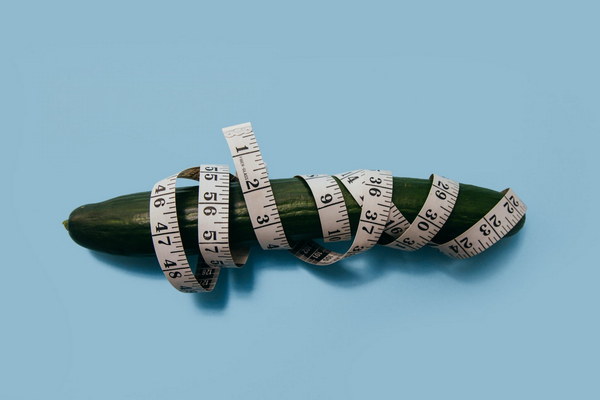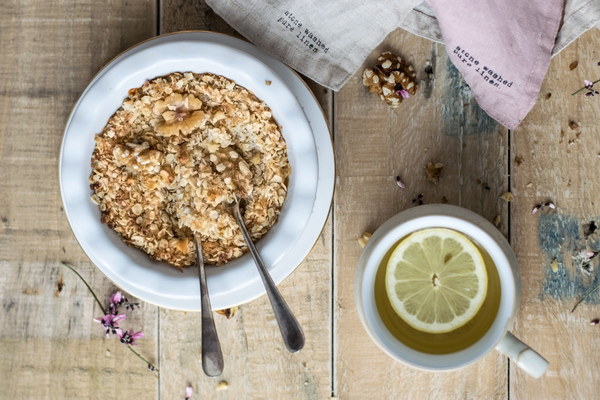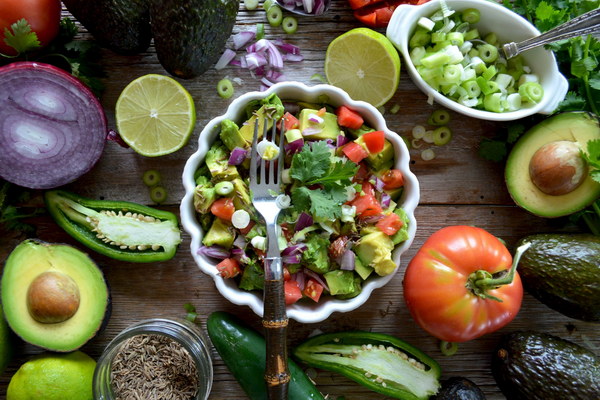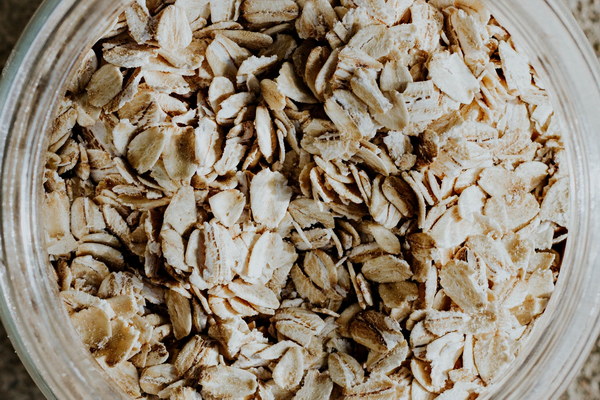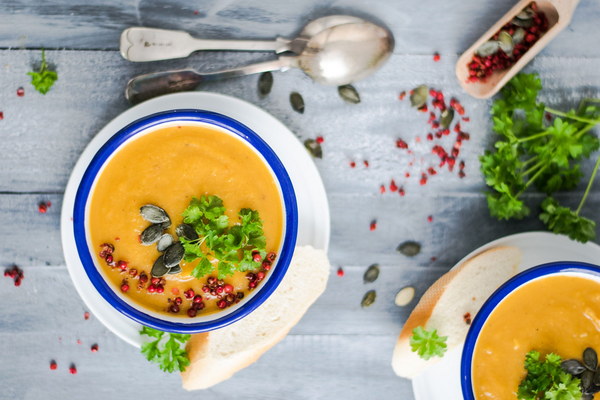Optimal Nutrition for Baby Lung Health What to Feed Your Little One
Introduction:
Breathing is one of the most crucial functions of the human body, and it starts at birth. Ensuring your baby's lungs develop properly is essential for their overall health and well-being. Nutrition plays a vital role in lung development, so it's important to know how to feed your little one to support their respiratory system. In this article, we will discuss the best foods to incorporate into your baby's diet for optimal lung health.
1. Breast milk: The gold standard for infant nutrition
Breast milk is the ideal food for newborns and infants. It contains all the essential nutrients, including proteins, fats, vitamins, and minerals that support lung development. Breast milk also has antibodies that help protect your baby from respiratory infections. If breast milk is not an option, make sure to choose a high-quality formula that mimics the nutritional composition of breast milk.
2. Iron-rich foods: Building strong lungs with iron
Iron is a crucial mineral for lung health, as it helps transport oxygen throughout the body. Incorporate iron-rich foods such as iron-fortified cereals, lean meats, poultry, fish, eggs, and beans into your baby's diet. For infants aged 6 months and older, iron-fortified cereals can be introduced as a first food. Remember to cook meats and poultry thoroughly before serving them to your baby.
3. Vitamin D: Strengthening the immune system and lungs
Vitamin D is essential for bone health, but it also plays a significant role in the immune system and lung function. Ensure your baby gets enough vitamin D by exposing them to sunlight for a short period each day (about 10-15 minutes) and incorporating vitamin D-rich foods into their diet, such as fatty fish (like salmon and mackerel), fish liver oils, and egg yolks.
4. Vitamin C: Boosting lung function and immunity
Vitamin C is a powerful antioxidant that supports lung function and strengthens the immune system. Citrus fruits, strawberries, bell peppers, and kiwi are all excellent sources of vitamin C. Introduce these fruits into your baby's diet as they grow older, starting with purees and gradually transitioning to mashed or soft pieces.
5. Omega-3 fatty acids: Promoting lung development
Omega-3 fatty acids, particularly DHA (docosahexaenoic acid) and EPA (eicosapentaenoic acid), are essential for brain and lung development. Ensure your baby's diet includes omega-3-rich foods such as fatty fish (like salmon, sardines, and trout), flaxseeds, chia seeds, and walnuts. If your baby is not yet consuming fish, consider discussing omega-3 supplementation with your pediatrician.
6. Whole grains: Providing energy and fiber
Whole grains, such as oatmeal, brown rice, and quinoa, are excellent sources of energy and fiber. These nutrients help support lung health by promoting a healthy gut, which can reduce the risk of respiratory infections. Introduce whole grains into your baby's diet gradually, starting with iron-fortified cereals and then moving on to soft-cooked grains.
7. Hydration: Ensuring proper lung function
Proper hydration is essential for maintaining healthy lung function. Encourage your baby to drink plenty of breast milk or formula. As your baby grows, introduce water and other hydrating fluids, such as diluted fruit juices and milk, to support their lung health.

Conclusion:
Feeding your baby with the right nutrients is essential for supporting their lung development. By incorporating a variety of nutritious foods into their diet, you can help ensure that your little one grows up with strong, healthy lungs. Always consult with your pediatrician before making significant changes to your baby's diet or introducing new foods.
